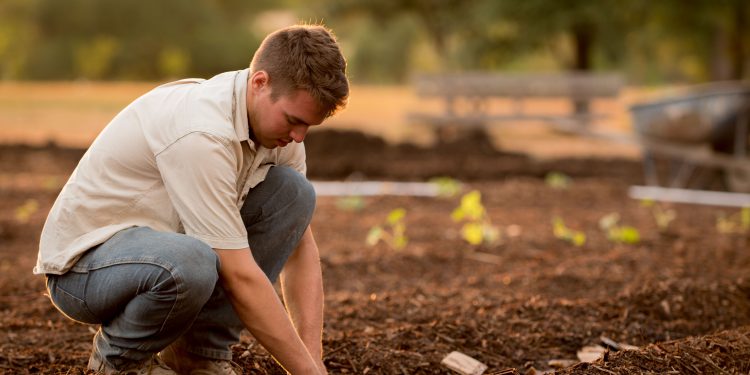According to the National Farmers’ Union, the UK’s self-sufficiency in food production is declining, with only 64 per cent of the food we eat grown or made in the UK.
Despite the clear need for their efforts, farmers only account for 1.5 per cent of the British population, and the average age of the British farmer is 59.
Tom Pope, Management Chairman of Somerset Young Farmers Club, says the new Agriculture Act was the chance to support young farmers – but nothing of significance has been offered yet.
He says, “We look forward to the government providing details of policies that we hope will help young people into the industry and reduce the huge amount of uncertainty facing agriculture.
“Young farmers are up for the challenge of producing more great quality food and striving to be as environmentally sustainable as possible.”
With Britain’s food production already declining, food security is at risk if the industry continues to see a lack of young people entering the profession, he says.
“Technological advances in farming have been incredible”
The Agriculture Act includes plans for sunset payments to help older farmers retire with dignity, but there isn’t much detail about how younger farmers will be encouraged to take their places.
“Technological advances in farming in the last 20 years have been incredible, with the speed of development constantly increasing,” says Tom Pope. He thinks young people might be attracted into the sector by the tech, if they knew more about it.
The advancements reduce the amount of labour needed by farmers, but possibly reduce potential jobs for young people as their roles are replaced by machinery.
While these technological developments are instrumental, they do not distract from the economic issues which farmers continue to face, now more than ever due to the current pandemic.
Pope, who is also currently the National Chairman of the Young Farmers Agriculture and Rural Interests Steering Group, says, “Economic pressures definitely influence young people’s decision not to pursue a career in the farming industry. For first-generation farmers, building up the capital to start a farming business can be very difficult.”
Previously, farmland was owned by County Councils and rented out to farmers to help them enter the industry and build up capital. Now, much of the land has been sold and the valuable stepping stone has been lost.
But Pope remains optimistic about the future of young farmers, “The passion for farming and food production that so many young people have will mean that many will overcome the barriers for careers in farming.”























